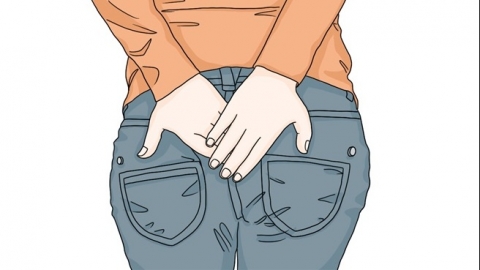Can hemorrhoids during pregnancy heal on their own?
Under normal circumstances, mild hemorrhoids during pregnancy may gradually resolve on their own after childbirth as abdominal pressure decreases, provided proper prenatal care is maintained. However, if symptoms are severe or the triggering factors persist throughout pregnancy, spontaneous recovery is unlikely and the condition may even worsen. If there are any concerns, it is recommended to seek medical advice early. Detailed analysis is as follows:

If hemorrhoid symptoms during pregnancy are mild—such as occasional slight anal fullness without significant bleeding or prolapse—adjusting lifestyle habits can help reduce irritation. Measures include consuming more dietary fiber, avoiding prolonged sitting, and maintaining regular bowel movements. After delivery, as intra-abdominal pressure decreases and hormone levels return to normal, the pressure on the anal venous plexus is relieved, allowing such cases of hemorrhoids to gradually improve and potentially resolve completely.
If hemorrhoid symptoms are severe during pregnancy—such as frequent bleeding or prolapsed hemorrhoidal tissue that cannot be reduced—or if aggravating factors like chronic constipation, prolonged standing, or sitting persist, the varicosity of the anal venous plexus may worsen, making spontaneous recovery difficult. Moreover, medication options are limited during pregnancy, preventing effective intervention. Without timely care, complications such as infection and increased pain may arise. In such cases, hemorrhoids typically will not heal on their own and require further treatment after childbirth.
When hemorrhoids occur during pregnancy, symptom relief should primarily focus on lifestyle modifications, and self-medication should be avoided. If bleeding increases or pain begins to affect daily life, prompt medical consultation is necessary to receive safe, doctor-recommended care methods or medications suitable for use during pregnancy.









